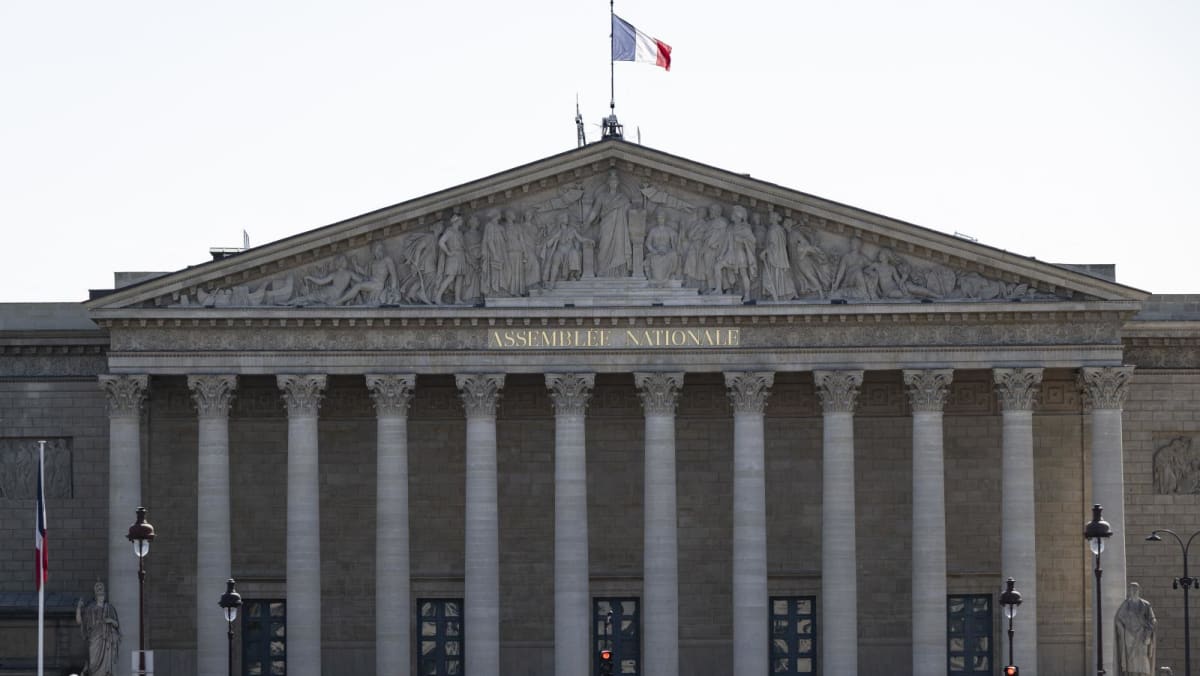Macron, 47, has repeatedly faced calls to resign since dissolving parliament last year after far-right gains in European elections, plunging the country into crisis.
But he has insisted that he will stay on until the end of his term and has also said he wants to avoid dissolving parliament and calling snap parliamentary elections again.
Were Bayrou to be rejected by parliament, it would leave Macron seeking his seventh prime minister and cast a heavy shadow over the remaining two years of his presidential mandate.
“FINANCIAL CRISIS”
Bayrou’s predecessor, Michel Barnier, was ousted just after three months on the job. In December, National Rally teamed up with a left-wing bloc to topple his government over the 2026 budget.
After years of overspending, France is on notice to control its public deficit and cut its sprawling debt, as required under European Union rules.
Bayrou wants to save about 44 billion euros (US$51 billion) with measures including holiday reductions and a freeze on spending increases.
In mid-July, he presented 2026 budget proposals but the measures have proved deeply unpopular.
On Tuesday, government ministers called for a compromise.
Economy Minister Eric Lombard vowed to “fight” to ensure the government wins the vote on Sep 8.
“Our responsibility is to reach an agreement because the country needs a budget,” he said.
Interior Minister Bruno Retailleau said that bringing the government down would work against France’s interests and warned of the risk of a financial crisis.
“It would be irresponsible to plunge the country into a major financial crisis, the consequences of which would first affect the most vulnerable,” said Retailleau, who is the leader of the conservative Republicans party.
